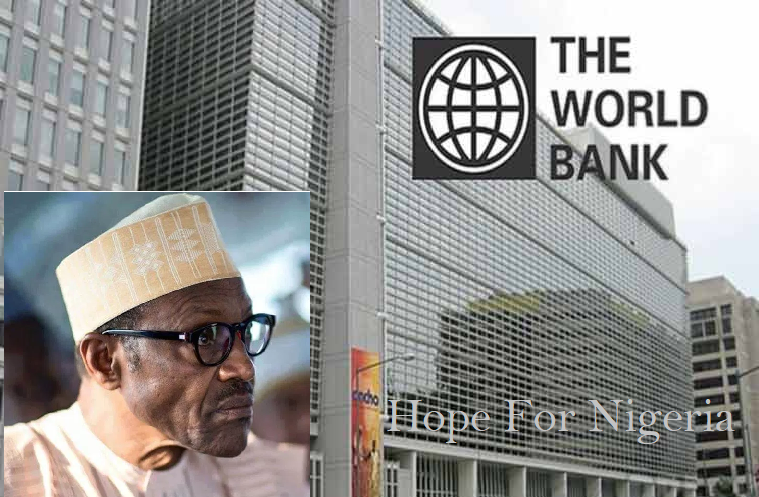There are no products in your shopping cart.
| 0 Items | £0.00 |


WORLD Bank officials have revealed that Nigeria and some other countries refused to participate in a temporary suspension of debt service payments due to concerns about future access to finance and credit-rating downgrades.
Like many other developing nations, Nigeria has seen her debts balloon due to the coronavirus pandemic as reduced production has led to increased borrowing. With about one third of Nigeria's 2021 budget coming from borrowing from bodies like the World Bank, International Monetary Fund (IMF) and African Development Bank, the proportion of future revenue that will go to debt servicing will grow.
In an attempt to ameliorate the situation, a payment suspension plan was mooted but the conditions attached to it appeared too harsh for Nigeria and several other nations. In its new International Debt Statistics 2022 report, the World Bank said Nigeria had a 16% increase in the non-guaranteed debt of the private sector in 2020.
“In sub-Saharan Africa, both Ghana and Nigeria recorded a 17% increase in external debt stocks driven by purchases from the IMF of $1bn and $3.4bn, respectively. In Ghana, there was a $3bn pre-pandemic Eurobond issue and for Nigeria, a 16% rise in the non-guaranteed debt of the private sector,” the report said.
It added that at the end of 2020, the 10 largest borrowers eligible for debt service suspension initiative (DSSI), including Nigeria, accounted for $509bn external debt stock and 65% of the end-2020 private non-guaranteed external debt. According to the report, the DSSI offered 73 International Development Association-eligible and least developed countries a temporary suspension of debt-service payments owed to official bilateral creditors.
“As of September 2021, 48 countries were participating in the DSSI. Other eligible countries chose not to participate for various reasons. Countries with market access, like Ghana and Nigeria, had concerns about future access and credit-rating downgrades,” the report added.